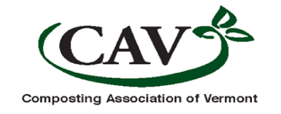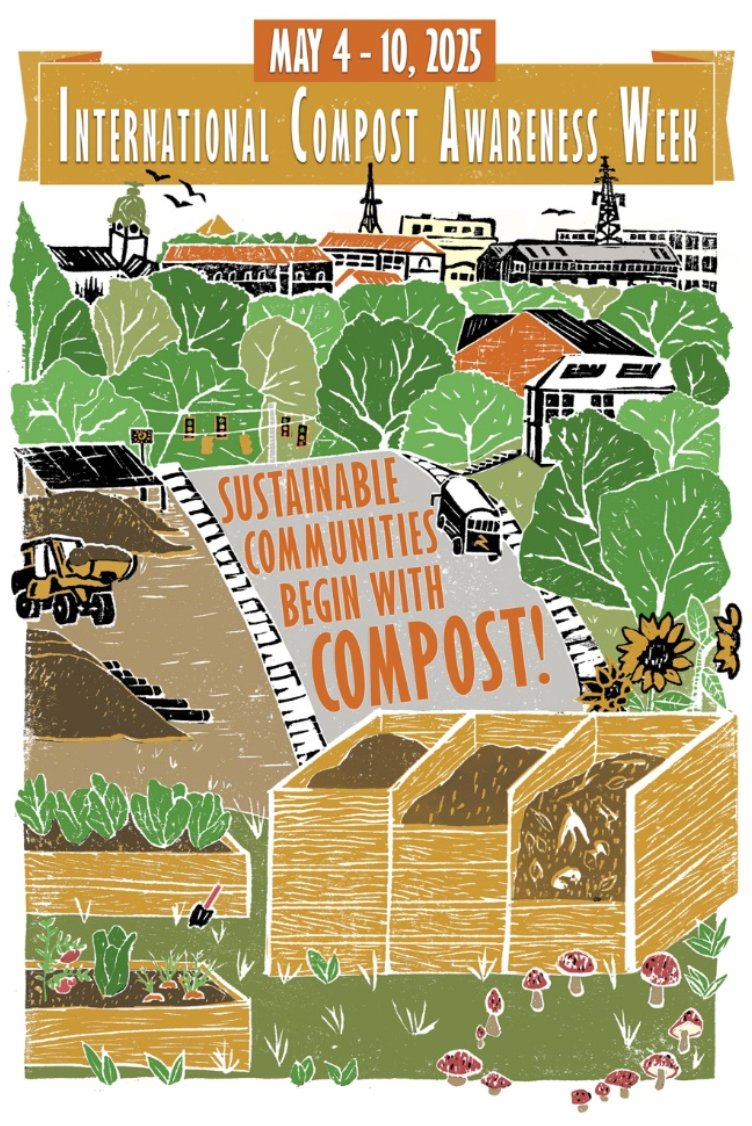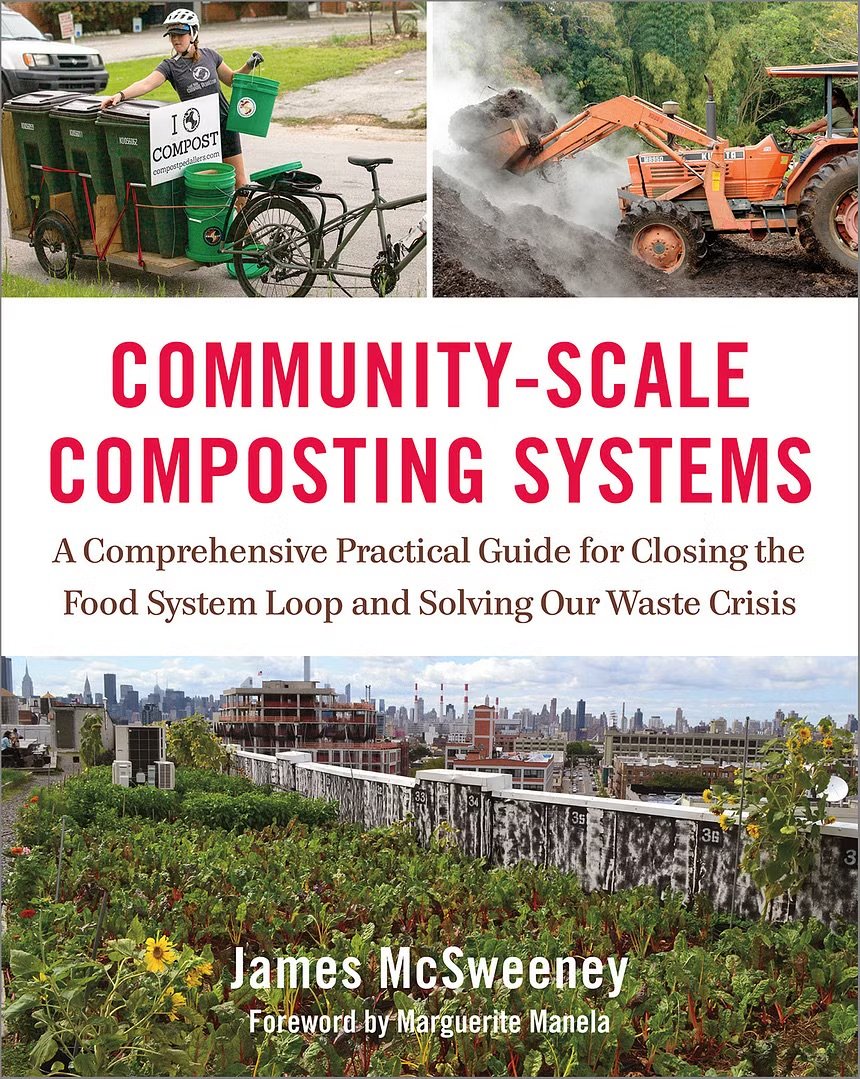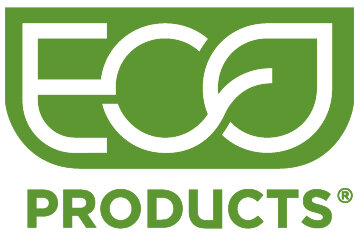19th Annual Vermont Organics Recycling Summit
Sustainable Communities Begin with Compost!
April 30-May 1, 2025
Held as a kick-off event for International Compost Awareness Week (ICAW)
The 2025 Summit was held on Wednesday, April 30th, at the Randolph campus of Vermont State University (formerly VTC). The day included a hybrid plenary in the morning followed by lunch and in-person-only sessions; the day ended with a social networking event at the Chandler Center for the Arts. On Thursday, May 1st, we offered five tours across Vermont.
VORS 2025 Program
Wednesday, April 30th
8:15-9:00 AM Registration, Networking, Exhibitors, Continental Breakfast (IN-PERSON ONLY)
In Judd Hall on the Randolph Campus of Vermont State University (formerly VTC)
9:00-10:15 AM: Plenary session (HYBRID)
-
Natasha Duarte, Composting Association of Vermont (CAV)
Josh Kelly, Solid Waste Program Manager, Vermont Department of Environmental Conservation
Dan Goossen, CAV Board of Directors, CSWD Organics Diversion Facility
-
Alyssa Eiklor, Vermont Department of Environmental Conservation
-
In this key note, Michael Martinez, the Founder and Executive Director of L.A Compost, will discuss the importance of composting for soil and human health. With a focus on respecting the community’s perspective, lived experience, and leadership, there is an opportunity to create a powerful human network that mimics the beautiful living soil network below the ground.
10:15-10:45 AM BREAK
10:45 AM-12:15 PM Concurrent Sessions (IN-PERSON ONLY)
-
Technology is transforming the way composting operations manage data, monitor processes, and measure impact. This 90-minute panel will explore a range of digital tools designed to support composting efforts in diverse settings. Panelists will discuss innovations such as remote data collection systems, software for tracking compost production and impact, and other emerging technologies that enhance efficiency and sustainability. Join us to learn how these advancements are shaping the future of composting and resource recovery.
Panelists:
Sashti Balasundaram, WeRadiate
Digital Data Collection of Compost Windrows in Remote Locations Using Solar
Digital data collection to monitor the composting process of windrows in remote locations, aiming to improve waste management and environmental monitoring. Remote monitoring equipment was deployed to track key metrics, such as temperature for PRFP, allowing for continuous, efficient monitoring without the need for on-site visits. System optimized composting conditions, reduced labor costs, and utilized renewable energy on-site. The project highlights how remote monitoring can enhance composting efficiency, reduce environmental impact, and support regulatory compliance. Showcases the potential of digital data collection to advance sustainable waste management practices and foster more resilient, sustainable communities.
Tess Feigenbaum, Epic Renewal
Harnessing Data to Transform a Growing Industry
Epic Renewal has been developing an information management system designed by, with, and for community composters. This essential tool helps composters optimize operations and lay the groundwork for sustainable growth. In this session, Epic Renewal will present a case study on its efforts to collect and utilize compost process data, enabling composters of all sizes to measure their impact, showcase viability, and scale their operations effectively.
Brent Arnold, StopSuite
The Digital Compost Revolution: Unlocking Growth Through Technology
In this session, Brent reveals how digital innovation is transforming the organics recycling industry from a grassroots movement to a scalable environmental solution. Drawing from his unique perspective as both a former route driver and software developer, he'll explore how data analytics, customer engagement platforms, and operational tools are helping haulers of all sizes maximize their impact. Attendees will gain practical insights into how digital tools can help overcome common industry challenges, from route optimization to customer retention, while strengthening the case for composting as a critical climate solution.
-
The Upper Valley Super Compost Project (UVSCP) is a nonprofit initiative to bring tailored compost infrastructure to public schools and support the development of cooperative, fully integrated school composting programs. We work with schools to find diversion and disposal options that work for them, avoid practices that pollute or negatively impact recipient communities, increase real-world problem-solving for students, and enhance the biological health of soil in school and community landscapes. In this session, we’ll share UVSCP's approach and impact, look at a few school case studies, and consider the importance of growing stronger local area ties.
Also see the opportunity to tour one of our sites in Sharon VT and hear from students and teachers as part of Thursday’s line-up of events.
Presenters:
Cat Buxton, Grow More Waste Less
Alison Baker, Fruit to Root
-
A thriving organics recycling ecosystem depends on numerous interconnected factors, including state and local support, access to land and clean feedstocks, grassroots initiatives, and demand from end users. In 2022, Compost Technical Services (CTS) conducted a comprehensive study mapping 30 key factors that influence composting success—examining them in a state that lags far behind Vermont in many aspects. This research led to the development of a practical framework for identifying strengths, addressing gaps, and fostering growth in composting systems. In this session, CTS will introduce this framework and guide participants in applying it to Vermont’s unique landscape—exploring both challenges and opportunities. The goal is to bridge what can often feel like siloed topics, celebrate the strength of Vermont's composting community, and look towards areas of future growth.
Facilitator: James McSweeney, Compost Technical Services
12:15-1:45 PM Lunch, Networking Exhibitors (IN-PERSON ONLY)
In Judd Hall on the Randolph Campus of Vermont State University (formerly VTC)
1:45-3:15 PM Concurrent Sessions (IN-PERSON ONLY)
-
The need for compost-related technical service providers is growing, but there aren’t enough trained professionals to meet the demand. Experts across Vermont and neighboring states recognize the essential role these specialists play in advancing sustainable waste management, compost best practices, and soil health. This roundtable will focus on how to attract, train, and retain a strong workforce in this field. What support do people need to enter and stay in this work? What job opportunities exist to keep skilled professionals engaged? Join us to discuss challenges, explore opportunities, and develop strategies for building a thriving and sustainable compost technical service workforce.
Facilitator: Natasha Duarte, Composting Association of Vermont
-
Municipal composting programs are continuously evolving to address challenges and expand capacity. This session will feature updates from two solid waste management districts tackling key issues in organics recycling. Chittenden Solid Waste District’s Organics Recycling Facility will share strategies for controlling contamination in municipal composting, including policy development, equipment solutions, and communication tactics to improve hauler compliance and overall program success. Windham Solid Waste Management District will provide an inside look at the planning, funding, and construction of their new compost aeration system, designed to increase processing capacity and efficiency. Join this session to learn from real-world experiences, gain insights into innovative solutions, and explore the future of municipal composting operations.
Also see the opportunity to tour both sites as part of Thursday’s line-up of events.
Panelists:
Kim Stacey and Allison Smith, Chittenden Solid Waste District-Organics Recycling Facility
Strategies for Contamination Control in Modern Municipal Composting
Join Chittenden Solid Waste District’s Organic Recycling Facility home of Green Mountain Compost in covering one of the most persistent challenges in composting: contamination. Topics to be covered include: the process of building, implementing, troubleshooting a new contamination policy; innovative equipment solutions for efficiency; communication strategies to improve relationships and compliance with haulers and a refreshed dedication to curbing an industry wide problem grounded in collaboration, transparency, and continuous improvement. GMC’s efforts have yielded early results, but challenges remain. This session will share practical strategies and lessons learned in a large-scale municipal facility.
Brian Jerose, Agrilab Technologies Inc. and Robert Spencer, Windham Solid Waste Management District
Installation of a compost aeration system at Windham Solid Waste Management District
WSWMD serves 17 member municipalities in southeastern Vermont, and operates a recycling center, transfer station and composting facility in Brattleboro. Growth of the food scraps and other residuals collected and composted at the site required the district to obtain a new state permit for more capacity, and invest in facility infrastructure. With funding from the district board, the state of Vermont and the USDA Rural Development Community Facilities program, site work began in October 2024 and is nearing completion as of this submission. The presentation will document the phases of design and development, construction, implementation and pending start-up of the compost aeration facility.
-
In this session, panelists explore methods for composting unconventional feedstocks and share innovative approaches to processing human urine, liquid waste, and other nutrient-rich materials. Learn how these practices reduce waste, enhance nutrient management, and support soil health. From small-scale demonstration projects to commercial applications, this session will offer actionable insights and inspire new ways to transform waste into valuable compost products.
Panelists:
Benson Colella, Wasted PBC
The potential of urine as a sustainable nutrient input for compost
Urine is rich in nutrients like nitrogen, potassium, and phosphorus, yet these nutrients are often lost to the watershed through traditional wastewater treatment. This presentation will explore how urine collected from specialized toilets can serve as a sustainable alternative to chemical fertilizers, thus reducing reliance on mining and fossil fuels. We will discuss the nutrient composition of urine and its regulatory and processing requirements for use as a soil amendment. We will share preliminary results from an experiment in which commercial-scale leaf litter compost was supplemented with urine. Those findings will compare nutrient profiles of the urine-supplemented compost to a control and share operational insights into the urine supplementation of compost at-scale.
John Culpepper, Compost for Good
Composting human urine. What? Why?
Compost for Good operates a modest facility, registered by the New York State Department of Environmental Conservation to process diverted human urine through a high temperature composting process. This Human Urine Research and Demonstration facility is open to entrepreneurs, policy makers, farmers, and others. To date we have successfully processed over 2,000 gallons of urine, producing numerous cubic yards of high quality, high value, biologically robust compost. We have also experimented with different recipes, mixing urine, food scraps, spent brewery grain, and other nitrogenous materials using densified wood pellets and wood chips as a carbon source. In this presentation I will share our successes, and show examples of finished compost images of the various compost recipes under a microscope.
Jean Bonhotal, Cornell Waste Management Institute
Composting Eggs, Milk, Whey, Manure, Blood, and Other Difficult Liquids from Disaster
Composting liquids can be an important part of the composting process as moisture is essential for dry carbon resources. Eggs in the billions, dairy residuals, blood, offal, liquid manure, high BOD liquids from flooding are a very difficult task, but it is doable. We need more than one tool in the toolbox to properly dispose of liquids. Form a bowl or volcano to absorb the liquid before it’s able to hit the ground, creating these depressions in very thick carbon layers is the key. 15,000 gallons of milk waste can be placed into a 100 ft windrow weekly for 6 to 8 weeks. Mix it all together on site and load it into a loader/ truck/ bucket and form windows out of that mixture. Composting liquids is a win/win option.
3:15-3:45: Summit closing in Judd Hall
Carpool to the Compost Mixer networking event (if going)
4:00-6:00 PM After the program concludes, Eco-Products and CAV hosted an evening of tasty snacks, cold beverages and riveting compost conversation.
Coverage of the hybrid and in-person only sessions by of ORCA Media has allowed us to share content after the Summit!
Thursday, May 1st
Thursday’s program was a collection of in-person events around the state!
-
An in-depth tour of the newly upgraded compost facility at WSWMD was provided, during which they shared how they’ve implemented compost aeration and heat recovery systems to maximize space and labor efficiency on a limited footprint.
-
An immersive tour at Winterfound Forest Farm was offered, highlighting where traditional organic farming meets innovative permaculture design. Participants saw firsthand how they’ve transformed their land into a thriving ecosystem that combines productive agriculture with ecological stewardship. The tour included the fruit tree nursery, an overview of their practical permaculture system, and their organic materials recycling methods that close the loop on our farm.
-
The Foster Brothers Farm has been an innovator for decades. They opened the first anaerobic digester in Vermont, started the composting enterprise VT Natural Ag Products (VNAP) over 30 years ago, and were awarded the U.S. Dairy Sustainability Award in 2016. As part of VORS 2025, the team offered a tour of the VNAP compost facility and explored their cutting-edge composting operation and innovative technologies, including Agilab Technologies' compost aeration heat recovery system and WeRadiate’s digital data collection equipment. This was a great opportunity to learn about sustainable composting practices and the latest advancements in organic waste management!
-
The Upper Valley Super Compost Project (UVSCP) is a nonprofit initiative to bring tailored compost infrastructure to public schools and support the development of cooperative, fully integrated school composting programs. UVSCP systems are collaboratively developed with schools and communities to support effective food scrap recycling, student learning and leadership, real-world problem solving, reinvestment in school staff, and the development of social and soil resilience. Come see for yourself! Sharon Elementary started using their Super Compost system in November 2023. This was an opportunity for participants to see the school compost system in action and to hear from the students, teachers, and volunteers who sustain it. Learn more about the project.
-
Participants got an inside look at Chittenden Solid Waste District’s Organics Recycling Facility, the home of Green Mountain Compost. Highlighting new procedures at Vermont’s largest municipal composting operation, they showed off their latest equipment upgrades and procedural improvements designed to minimize contamination at every stage — from material intake to the final compost product.
Questions? Contact us!
Natasha Duarte, Director Composting Association of Vermont
Phone: 802.373.6499



























